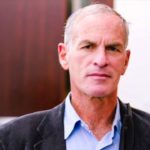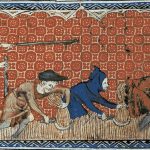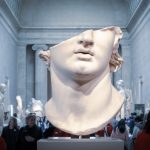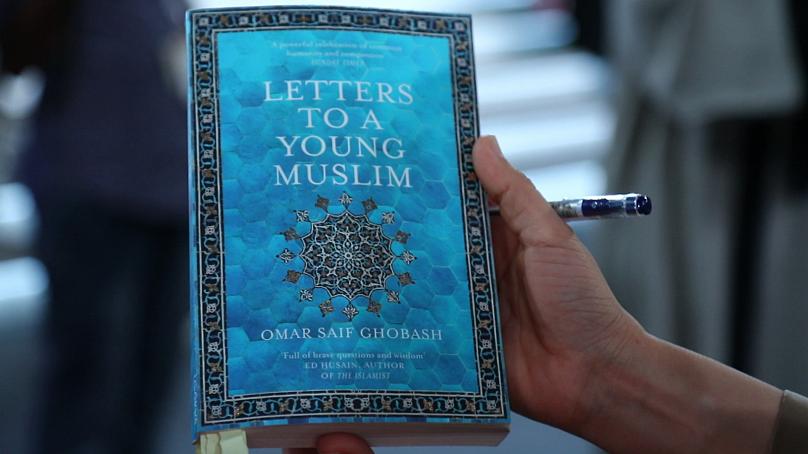
Letters to a Young Muslim by Omar Saif Ghobash
Omar Saif Ghobash is a diplomat of the United Arab Emirates. This book was written by him to express his idea on the current problem in Arab world, especially when it comes to Islamic faith and practices.
I would love to start this review by saying that as a Muslim, I strongly believe that Islam is a religion of peace. In fact, peoples that understand the core beliefs of Islam would also agree with me despite the religion differences.
Islam has spread widely throughout the world significantly during the reign of the Rashidun caliphate. This 30-year reign under the 4 caliphs has created new Islamic political structure that evolved and became more sophisticated during the Umayyad and Abbasid caliphates. The historians especially the westerner has depicted Muslims are barbaric and the Islamic empires was built with violence and blood. As a Muslim, how are we going to respond to this question?
Through this book, Ghobash explained the challenges to be a Muslim in the 21st century and the path of violence is one of them. Most of the violence we find in our Islamic texts came from the writing of the 14th century theologian, Ibn Taymiyyah. His text are full of references to the obligation to kill, to execute, and respond with violence. If this is the basis the westerner are using to brand us, they are not being fair. This violence reference, the obligation to kill were written during the rising of the Mongols who invaded Baghdad. Now I would like to ask the westerner, how many deaths and war happened on the western land in the name of religion and belief? And what makes your war and violence are different from ours?
I agree in this 21st century, Muslims has been fighting with the modern extremist Islam. Pointed by Ghobash, this idea was propagated by Sayyid Qutb, a prolific Egyptian writer who was imprisoned and later executed in 1966. He was a talented writer in Arabic poetry and later was sent to the U.S to further his studies. Once, he expressed his horror and disgust when he witnessed dances that involved men and women. He did not enjoy his stays in the U.S and hoping to be returned to the Egypt where he belongs. See, the central idea of this extremist Islam is to push away things that related to the West. I totally disagree, in fact, the real challenge is not to run away from the West but the real challenge is to figure out the structure that would allow me to exist out there as a Muslim.
Let’s have a look on the most ferocious Islamist group today such as the ISIS, Jabhat al-Nusra and Al Qaeda. They want to remove ourselves from the 21st century and return to a mythical state of pious nonknowledge. During my days back in college, a friend of mine was obsessed with how we need to live as the early Muslims of the Prophet’s era. In theory, yes, they were the best ummah. They had the most knowledge of Islamic teaching and they practice the real Islamic way of living. But when violence is the cost to replicate those early Salafi worlds, that is the part of the idea that sounds so wrong
Our Prophet Muhammad encourage us to seek knowledge. It is wrong for us Muslim to reject any knowledge that came from the West. I shared the same idea with Mr. Ghobash that knowledge is universal. Those who truly seek knowledge will find it, not only in the religious literature of Islam, but in the textbooks of Western history, in the writing of philosophers of all stripes, or even in the holy text of other religion. It would be so wrong if you put boundaries to your knowledge such as what books to read and what books to avoid and yet we are proud that Islamic community once represented with knowledge, wealth and power. In reality, did you know that today, 70% of our fellow Muslims can neither read or write. The obligation is to learn as much as we can and spread the knowledge as we can. This is how he honor the memory of our Prophet as well as those early Muslims who embarked on the search for knowledge.
Ghobash has elaborate several other points that troubling the Muslim community such as the education for women. Although I don’t see much of this problem personally, I cannot deny that it still happens in today’s Muslim world. Women are considered weak and cannot face the “real” world dominated by men. Before we agree on that ridiculous fact, let’s have a step back to think on the root of the problem. Is it fair to claim that women are unfit for the real world when they were deprived of the basic rights of education and skill in the first place? I think you have the answer. In fact, when given the chance of fair education, those women might excel more than men.
As a Muslim and a father, this book has given me perspectives on the questions that has been in my head for so long. Ghobash’s personal experience has made me to look at the questions and parenting in a different view.
Related Posts
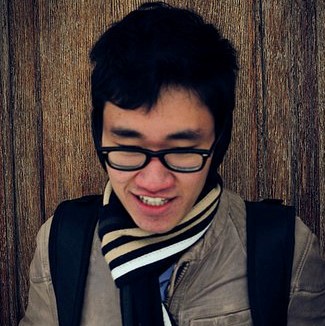
Part time independent writer and podcaster from Sarawak, Malaysia.
